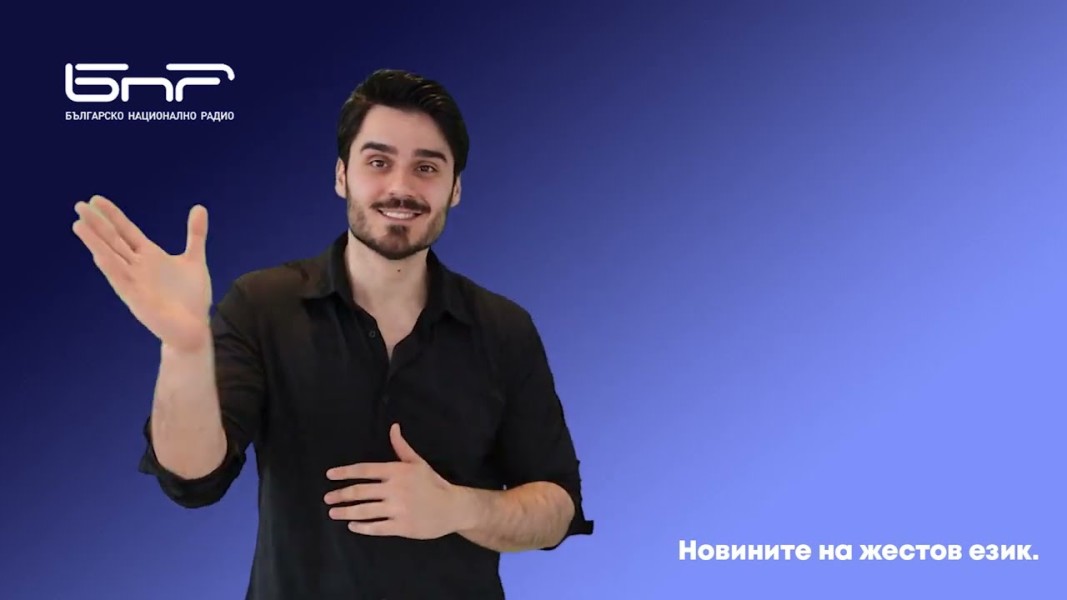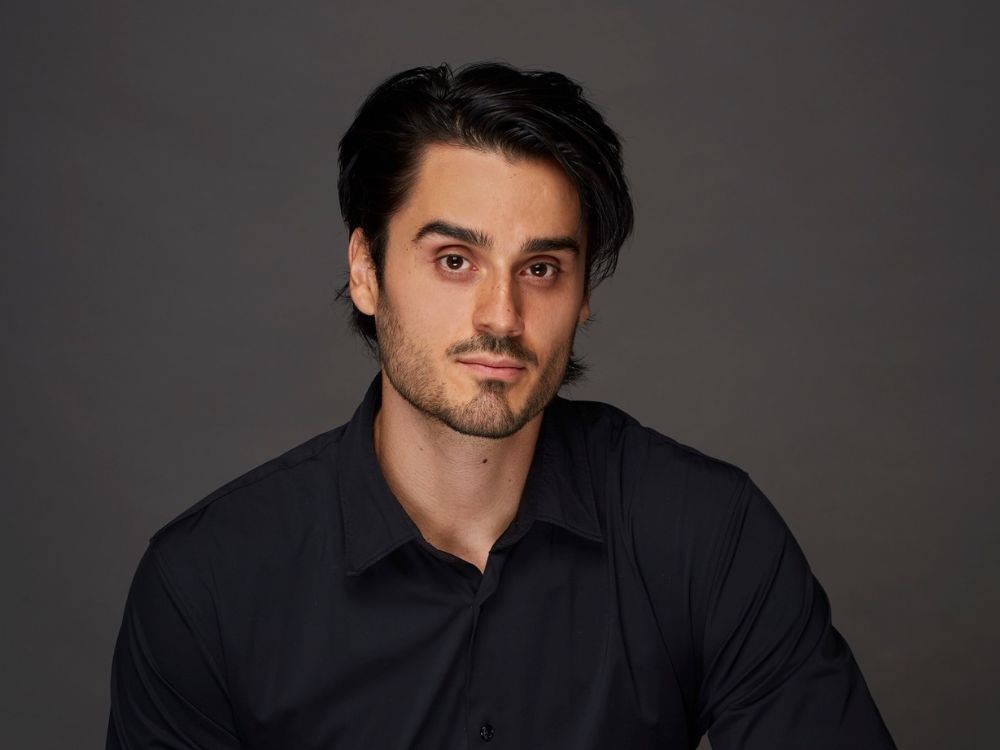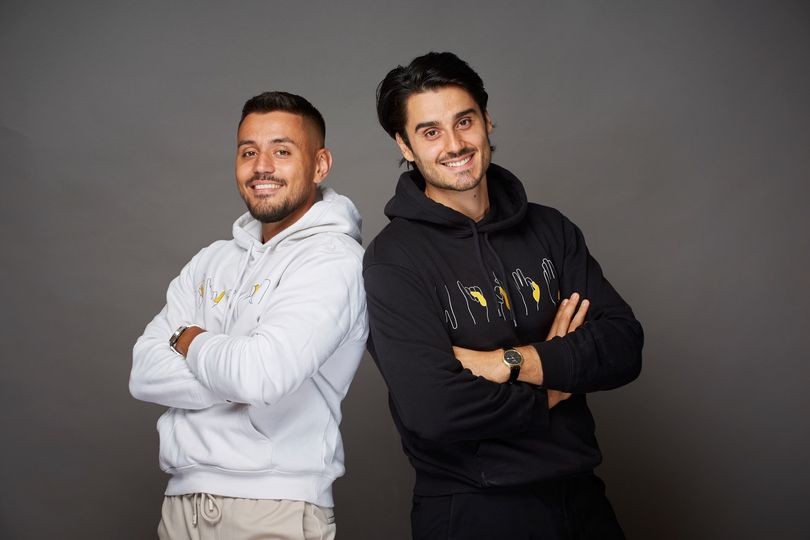There are 120,000 deaf people in Bulgaria, according to unofficial data. Many of them do not want to learn sign language, although it is useful to them. There is no translation in schools for deaf children... All these are objective facts that become a driving motive for Boris Bandev, born into a family of deaf people with the good fortune to have unimpaired hearing. He takes on the mission to make life easier for at least some of those people whose voice the state cannot hear.



Anecdotal evidence suggests that there are around 180 sign language interpreters in the country, but only around 20 of them are active. Their number against the background of 120,000 people is extremely insufficient, as is that of the 1,000 people trained in Boris and Alexander's courses over the last three years. However, Bandev is optimistic that things are going in the right direction and in the next five years the situation will change.
Read also:
Photos: Facebook/Stray Sheep, BNR, Facebook/Boris Bandev
A Bulgarian-designed electric vessel has gained international recognition , reaching the final round of the prestigious Gussies Electric Boat Awards 2025 . The awards celebrate the world’s most innovative and sustainable electric boats and yachts,..
A case of a dog run over by a doctor in a district of Sofia has caused a wave of public indignation and a protest in Sofia, which will take place today in front of the Military Medical Academy - the medical institution where the medic..
Forty Bulgarian schools in 22 US states have become a second home for the children of Bulgarian emigrants. They create continuity between generations and teach about Bulgarian history, traditions, and culture. They also create..

+359 2 9336 661
